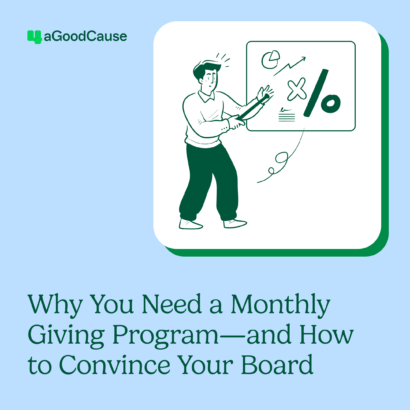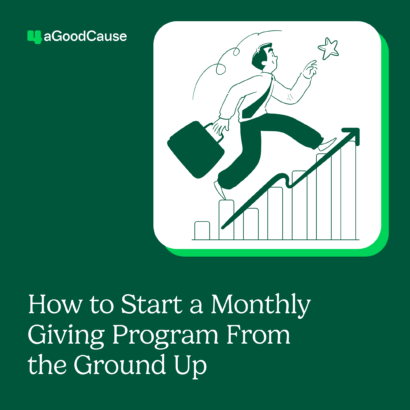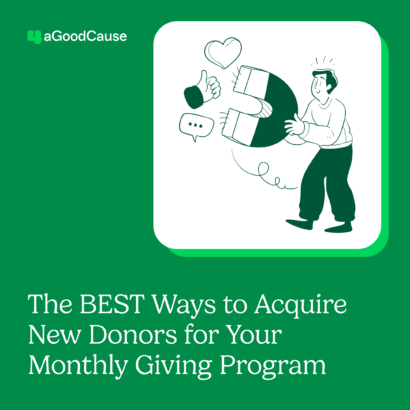While we tend to celebrate large donations (and you should—you worked hard for those!) it’s also worth your time to go after and nurture small-dollar donors in that $25 or less category. We’re here to tell you that it’s okay to sweat the small stuff in this instance and here’s why.
It’s your foot in the door
A small donation might be your first connection to that person. You have an opportunity to turn them into a lifetime supporter and they’re not (typically) going to come out of the gate with a thousand-dollar check in hand. It’s about relationship building. They’re testing the waters. Seeing if you’re a good fit. The more they get to the know you, the bigger the potential for larger donation amounts. Don’t discount what could happen along the way after that initial gift is made.
It engages younger generations
Small donations are good entry points for Gen Z and young donors. Members of Gen Z (born 1996 and later) don’t mind donating their own money and are very interested in volunteer opportunities—26 percent of them have started campaigns to raise money for other causes. They are philanthropic in nature and while they may not have the large funds right now, their time will come and you’ll want to have engaged them along the way. They look for meaning in the organizations they support and to know that their efforts (and dollars) are going to a good cause. Which leads me to my next point…
It diversifies your portfolio
Personally, we try not to have all our eggs in one basket—we have 401k plans, savings accounts, checking accounts and rainy-day cash on hand. If you concentrate all your time engaging with large-scale donors who typically fall into the Baby Boomer or Gen X generations, what will you do when they retire and their assets are limited? As fundraisers, we don’t want to be beholden to one or two key donors; we want to build a sustainable organization that includes all doors at all levels at all ages.
It adds up
Small monthly donations add up, giving more lifetime value. A small monthly donation is a great entry-level gift as opposed to a larger one-time gift. Through a small gift, you have the opportunity to think about how you might upgrade that monthly donor later.
It’s what the pros do
Political fundraisers have trained donors that small donations are okay often asking donors to “pitch-in” for small amounts like $5. Many current presidential candidates even had to recently ask for $1 donations to make debate thresholds based on the number of donors. It’s about building a large network of those that will go to bat for you—not building a select network that is exclusive to those with the right dollar threshold. Think about those new donors, the ones who may start out with small amounts, as your new advocates. As you continue to grow, so will your supporters (who may bring their friends, their aunts, their uncles, their colleagues…)
It builds retention
Smaller donations are more apt to come in via online donations (and conversely, larger donations account for higher levels of offline donations). When we make it easy for our donors to give (i.e. through online donation forms) it provides a positive experience for them and, in turn, they’re likely to give again.
Nurturing these donors may be less expensive as well, but equally important. Think about using methods such as email thank you letters or social media outreach to retain and engage with your donors. When we tell our story and show that we are grateful for our donors—at any level—it helps us build a credible relationship with them and retain them for future donations. As they grow (in trust and in their personal resources) they may think of you the next time they look to make an increase in their philanthropic giving.



